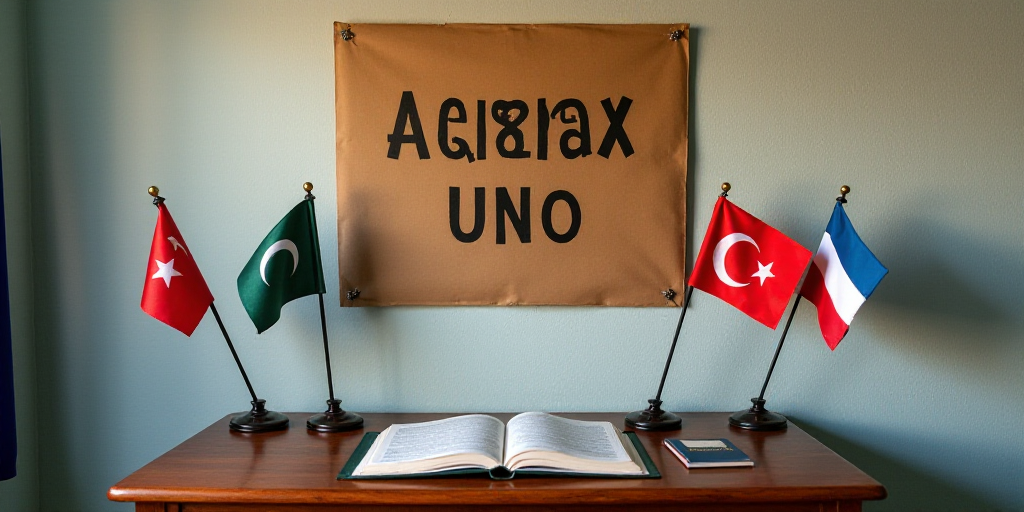Background on the Traditional “Cuarto de Junto”
The “Cuarto de Junto” is a traditional practice in Mexico where businesses have representation during negotiations of trade agreements, such as the T-MEC (United States-Mexico-Canada Agreement). However, according to Vidal Llerenas, the Subsecretary of Industry and Commerce at Mexico’s Secretaría de Economía, this traditional model will not be followed in the upcoming T-MEC review.
New Approach for T-MEC Negotiations
Llerenas announced that the Mexican government aims to evolve the negotiation process by incorporating representatives from strategic sectors across each state in the country. This shift seeks to ensure broader participation and a more comprehensive approach to the T-MEC review.
Addressing Investment Concerns
During a seminar by Moody’s Inside, Llerenas addressed concerns about investment uncertainty due to recent judicial reforms. He clarified that while the evolution of the judiciary is being observed, it is not considered a significant obstacle to foreign investments.
- Question: Are there concerns about the judicial reforms impacting foreign investments?
- Answer: No, the judicial reforms are being monitored, but they are not regarded as a major challenge for attracting investments.
Llerenas emphasized that global uncertainty and tariff situations pose a greater challenge to investors. He expressed confidence that Mexico’s favorable tariff position compared to other countries would generate more interest in investing in the nation.
Efforts to Improve Business Climate
To foster investor certainty from within, Llerenas highlighted ongoing efforts to enhance Mexico’s business environment. These initiatives include digitalizing bureaucratic processes, developing industrial policies through regional development poles, and implementing a new electricity law to provide certainty in that sector.
Tariffs and T-MEC Negotiations
Llerenas acknowledged that applying tariffs to trading partners contradicts T-MEC rules. He anticipated that this topic would likely be discussed in sectoral panels during the negotiations. However, he stressed that the primary objective is to secure a trade agreement that ensures long-term stability and avoids requiring further revisions within a year.






